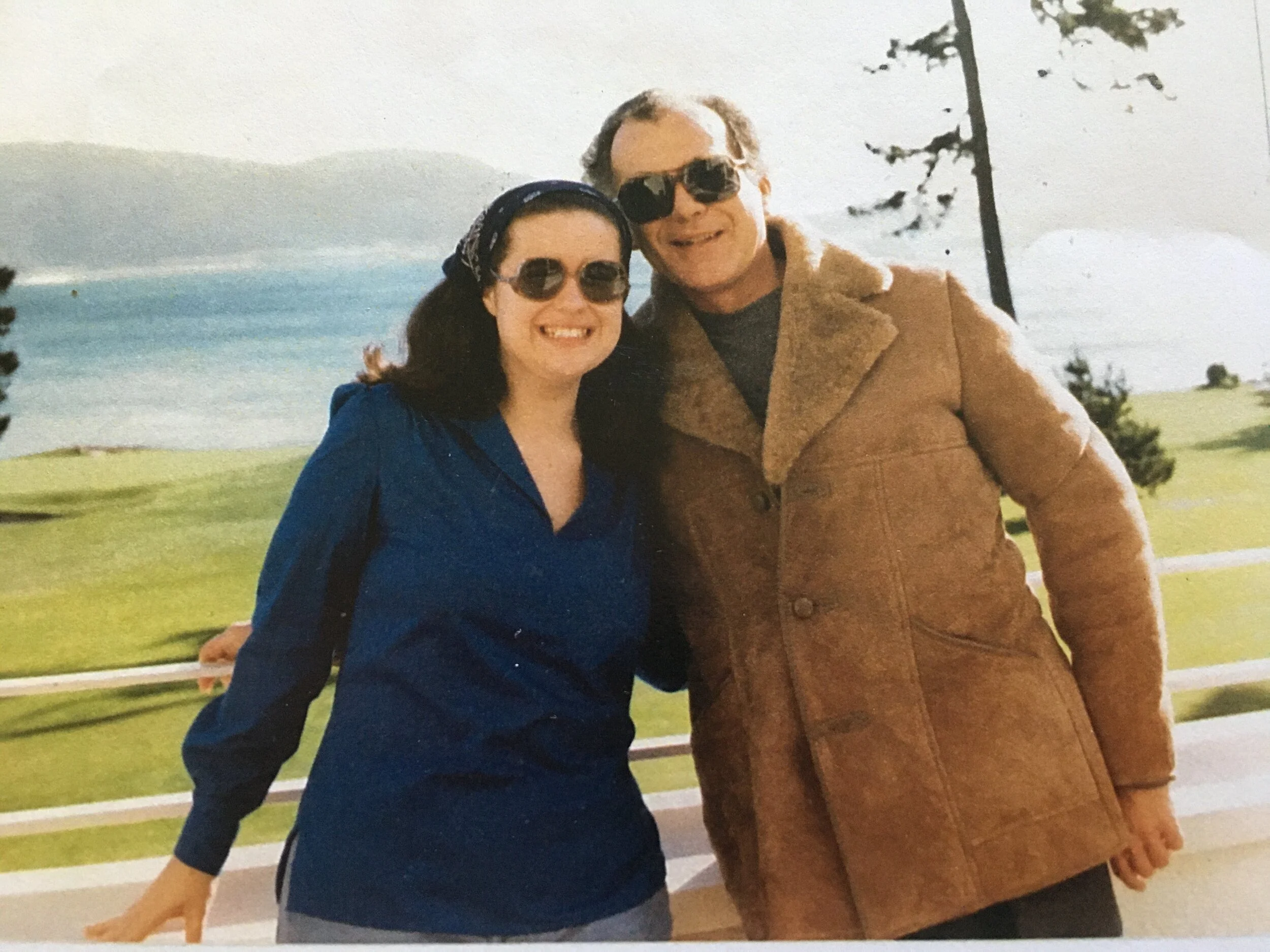Blog – Thomas Hanna Life and Work
Decades ago, Thomas Hanna, the founder of the philosophy of Somatics, proposed that our bodies don’t just move through reality, they shape it. He called this process ontic projection.
As the wellness industry continues its rapid expansion, somatics stands out as a vital and transformative paradigm—one that centers on embodied learning, self-awareness, and the innate capacity for self-regulation. Unlike many wellness modalities that rely on external interventions, somatic practices empower individuals to participate actively in their own growth and healing through conscious, internal engagement.
In 1969, the same year humans first walked on the moon, Thomas Hanna wrote the book, Bodies in Revolt: A Primer in Somatic Thinking. In this seminal book he explained that the "evolution-revolution" we are now living in represents a critical turning point in human development where evolutionary change and revolutionary transformation converge. Now with the rapid development of AI capabilities, his concept of the evolution -revolution is more important than ever before.
Tom Hanna believed that young people would change the world with their unconventional ideas and non-violent ethics. He would pick their brains for how these counter-culture youths were thinking about the world and then thoughtfully combined those ideas with his own deep knowledge of philosophy, science, and social science. Many of his newly fermented thoughts were articulated in his primer on somatics titled Bodies in Revolt.
Tall tales are associated with the lore of the American frontier and spun around such legendary heroes as Paul Bunyan, the giant lumberjack of the Pacific Northwest; Davy Crockett, the backwoods Tennessee marksman, and Johnny Appleseed, who planted apple orchards from the east coast to the western frontier. In the field of Clinical Somatics we have our own tall tale heroes such as F. M Alexander, Moshe Feldenkrais, and Ida Rolf. One lesser known hero, Gerda Alexander, told a Tale of Tonus.
A new study published in the April, 2023 Nature medical journal reveals the discovery of three unknown areas of the sensory motor cortex in the brain. These areas may be key to understanding mysteries of the mind-body connection. The study shows that parts of the brain area that control movement are plugged into networks involved in thinking and planning, and in control of involuntary bodily functions such as blood pressure and heartbeat.
In the first volume of Somatics: Magazine-Journal of the Bodily Arts and Sciences (Volume I, No. 1, Autumn 1976) Tom Hanna published an article titled, The Field of Somatics: The House that Darwin Built stating: Charles Darwin built a great mansion: There were countless rooms, studios, salons, corridors and grand halls; and the towering entry doors were thrown open to the world, inviting all to enter. The edifice built by Darwin was The Expression of the Emotions in Man and Animals, completed in 1872.
In 1977 Thomas Hanna founded the publication, Somatics: Magazine-Journal of the Bodily Arts and Sciences. One of the striking features of Somatics are the photographs, poetry, and beautifully written essays on the inside of the front cover. In conceiving the purpose of this journal, Thomas Hanna signaled that the arts are an equal partner to science in the shared goal of disseminating somatic thought and its practical applications.
Thomas Hanna, a professor of philosophy, ascribes the field of Somatics as being closely aligned with the thinking of American pragmatists William James and John Dewey. “As a young philosopher”, Hanna says in Selections from Somatology, “I discovered the Pragmatists as my first philosophical family, and their concerns instantly struck me as compellingly human and healthy and confident.” Hanna goes on to say, “what I think of as a somatology was being constantly suggested in The Principles of Psychology by James; and I am doing and thinking in the way that James would, I'm sure.”
When I was five years old my father, Tom Hanna, would read to me in the evenings after dinner. Perhaps this is because he hated television, which he called the “boob tube” and wanted his children to engage with more cultured activities like enjoying great literature. I remember being read Huckleberry Finn, an incredible story by Mark Twain about the adventures of some very interesting characters in search of freedom in the deep south.
Huck Finn is the narrator of the book and the story is a first-person account of his adventures. For Tom Hanna, the first-person perspective became the most important aspect of his formation of the philosophy of Somatics, which he later named as a new field called Somatology, the science of experience, where experience is defined as a sensory motor event caught within the flow of things and constantly adapting to that flow.
It was in the late 1960’s that Tom Hanna bought a small Honda road-bike. It was his vehicle of choice for long Sunday rides exploring the Spanish moss landscapes and quiet back roads of north central Florida. Most often, one of his three children would accompany him and I was one of those children, riding behind my father with small hands desperately grasping around his waist.
The thing about a motorcycle is that only two people can ride it- the driver and the passenger and the experiences of being a driver and a passenger are certainly not the same. A driver is free to choose the route, the speed, and the angle of turning of the bike. A passenger is along for the ride, watching the world go by, sensing the wind against your body, the feeling the vibrations moving into your very core, and trying to match the motions of the driver as to not throw off the gravity of the bike.
Thomas Hanna was not simply the founder of the field of Somatics. Tom was a deeply contemplative, brilliant philosopher with an uncanny vision; however, most important to me, he was a wonderful father. This reflection on Tom is an attempt to shed some first-person experience on what it was like to be raised in the Hanna family, how the inner person of Tom influenced his work, and how my personal relationship with my father shaped the person that I have now become as an adult.
Tom grew up in Waco, Texas- a fact of which he was not particularly proud.
Tom felt little respect for the small minded, insular Middle American community where he was raised. I do, however, remember a few positive stories he told about his childhood years. Tom often reminisced of walking to grade school while "smelling the wafting heat of the pavement after a sudden rain"; he talked fondly of talent shows he had performed in and of his glory days playing school football with his friend “Froggy” Williams. I don't remember much about Froggy except that Tom would always mention his name in such a way that I believe he must have been someone very important to him.













Tom Hanna's revolutionary approach to somatic thought and practice includes a concise set of maintenance exercises called the Cat Stretch.